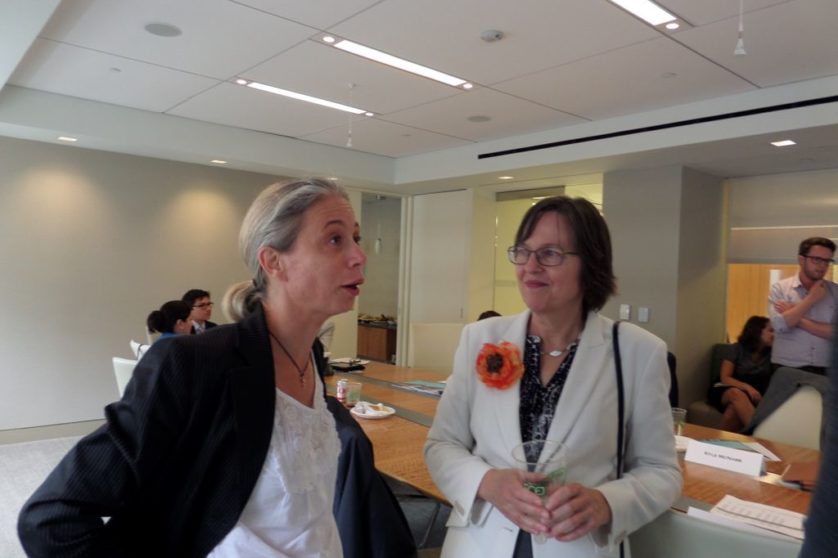The official launch of the International Centre for Tax and Development (ICTD) Government Revenue Dataset
September 9, 2014, Center for Global Development (CGD), Washington DC
Speech by Claudia Dziobek, Division Chief, Government Finance Statistics** – IMF
Let me begin by thanking the ICTD and the CGD for organising this event and for inviting us to participate. We at the IMF welcome this opportunity to engage with researchers who have gone through a complex database and identified very interesting issues, such as data inconsistencies and data gaps and who have ventured out to address these. The work that has been done is a significant contribution to the field, and will facilitate research on government revenue and public finance in general.
The IMF’s methodological framework of statistics is based on the System of National Accounts (SNA) and the Government Finance Statistics Manual (GFSM 2014) and we collect data on government finance statistics (GFS) according to these frameworks (for a more intuitive and less technical view see our GFS videos. The dataset that you are launching today is not only important in itself but it is also useful because it builds on and seeks to fill data gaps you identified in the Fund’s GFS database. In this context, I want to congratulate you for having launched this big effort and produced a dataset for government revenues that data users will be able to experiment with.
Keeping in mind that government revenue is a subset of government finance statistics, it is key to demonstrate the consistency of the dataset with the existing government finance statistics (expenditure, balances, and information on debt and other stocks). A separate issue is whether the additional data brought in to fill data gaps are accurate. On the surface, the fact that the ICTD GRD filled data gaps using the Fund’s Article IV consultation reports may appear to be a guarantee of the quality of the dataset. However, statistics presented in Article IV reports are not necessarily identical with official data and they may not be compiled in a manner consistent with the GFS framework. Article IV data can bring together official data, estimates, and preliminary data that are later revised.
I therefore suggest that you market the dataset emphasizing its completeness, since its main objective was to fill data gaps. The IMF also has databases that focus on being complete and avoid data gaps, for example, the World Economic Outlook, which includes official data as well as projected and/or estimated data.
Interest in detailed data on government operations has been increasing rapidly and initiatives such as this one are extremely welcome to raise the awareness in the user community of some of their complexities. We were also interested in the emphasis placed on natural resource revenue, as there is great demand for such data. In this respect, let me mention that the IMF has recently developed a Template, based on the revenue classification of the GFSM 2014, to collect data on government revenues from natural resources. We are finding that it can be challenging to define precisely this type of revenues and properly disentangle various revenue streams. In this respect, we are conducting several pilots to support future efforts of data collection.
In terms of the Fund’s own initiatives to fill data gaps in our database, the Fund cooperates with other agencies, for instance with the OECD, EUROSTAT, the UN, and the World Bank. In addition, we actively pursue data development through our capacity building program, by conducting country visits, workshops, and seminars to help develop government statistics as well as fill data gaps.
Notwithstanding the efforts of the IMF and organizations like the ICTD GRD to improve the quality of government data, the limitations of official data that you have identified will not go away in the near future. Having working groups on selected aspects such as revenue data is, therefore, an excellent initiative, and we would encourage you to pursue this further. To sum up, the new dataset launched here is a major contribution and we look forward to a continued dialogue with ICTD.
Thank you.
** The views expressed are those of the author and should not be attributed to the IMF, its Executive Board, or its Management.
